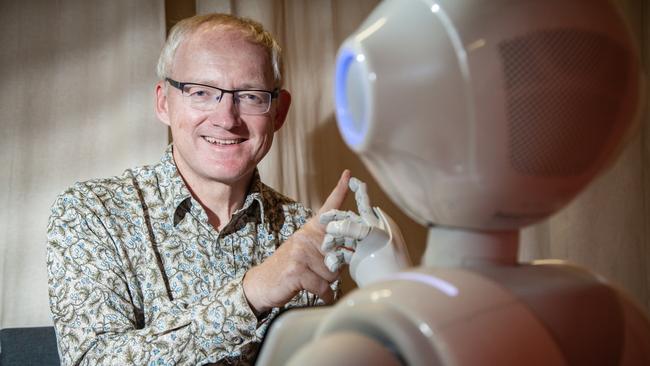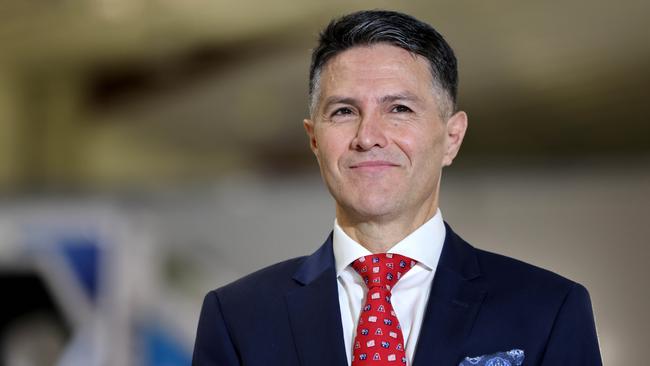Federal government urged to establish a commissioner for artificial intelligence
The federal government is being urged to establish a commissioner for artificial intelligence who would address public concern.

The federal government is being urged to establish a commissioner for artificial intelligence who would address public concern. This could include the use of AI to assess job applicants, AI-enhanced camera surveillance at retail outlets, and big tech’s use of AI algorithms.
Toby Walsh, professor of artificial intelligence at the University of NSW, University of Sydney professor David Reilly and outgoing NSW Customer Service Minister Victor Dominello are all calling for the change.
Professor Walsh said job applicants would have no knowledge of the algorithms being used to assess their suitability nor any built-in selection biases.
These algorithms are already in common use. “There’s over 100 start-ups in Silicon Valley that are building tools and there are a number of large companies here in Australia that are using it as a means to screen applicants for jobs,” he said.
“I suspect there are going to be some expensive legal suits brought against some of these companies because we know people are aggrieved that they didn’t probably get a fair go.”
An AI commissioner could demand companies explain their algorithms, and could set standards that outlawed algorithm biases based on gender or race, and recommend any regulation.
Professor Walsh said a commissioner could also address AI failures. In China, there was the shaming of a celebrity after an AI-powered camera reported them for jaywalking. In fact, the person’s face had appeared on a poster on a bus travelling across the intersection.

A commissioner could address complaints by people wrongly identified as shoplifters by a store’s camera system. In Australia, Bunnings has defended its use of CCTV and facial recognition technology to identify people banned from its stores.
“It used to be when you were out and about you were essentially anonymous, but we’re going to end up in a world where, for example, prices are going to change on you as you go out and about,” Professor Walsh said.
An AI commissioner also could monitor law enforcement’s use of the technology. Police may not want to disclose publicly their use of AI for security reasons. A commissioner could examine this usage privately and ensure the public interest was retained.
“Suppose the NSW Police have an algorithm that decides certain high-risk suspects are given greater policing attention. We have no idea how that algorithm works, how you get onto the list and how you get off it,” Professor Walsh said.
“I’m not suggesting that it has to be public. There’s lots of places where transparency is not a good idea. But certainly someone like the commissioner would have the power to work out whether there were concerns about it unfairly discriminating against people in parts of the community, or Indigenous people.”
An AI commissioner could similarly examine search engine algorithms used by big tech such as Google, again without necessarily disclosing the algorithms. “If you’re a small business and you get kicked off the first page of search results, you can go out of business.”
Professor Walsh said the Australian Competition & Consumer Commission wouldn’t necessarily have the technical expertise to undertake an AI commissioner role.
Mr Dominello said an AI commissioner could address complaints and give advice. “I just can’t see how in the future that’s not going to happen. AI has a critical existentialist risk that we need to manage.”
He said an AI commissioner could “make sure the algorithms are right so there is no bias in the system”.



To join the conversation, please log in. Don't have an account? Register
Join the conversation, you are commenting as Logout